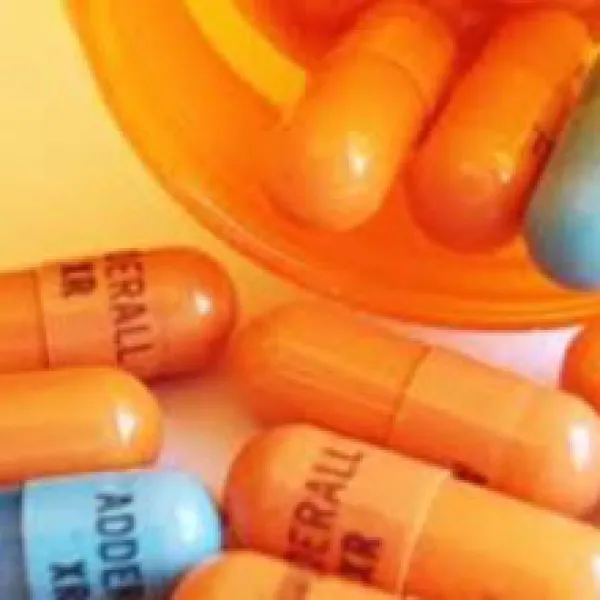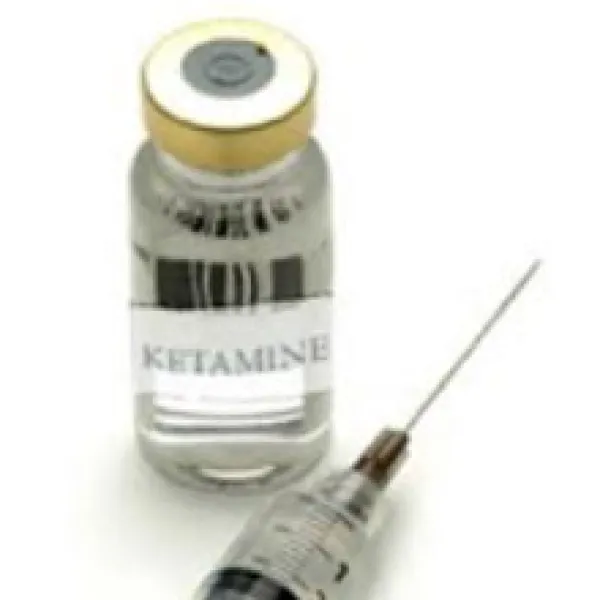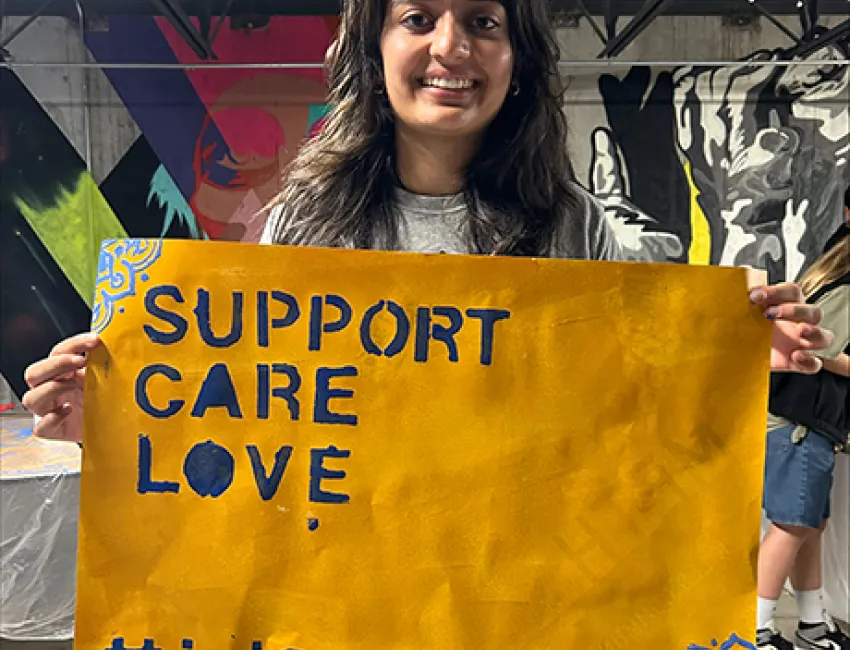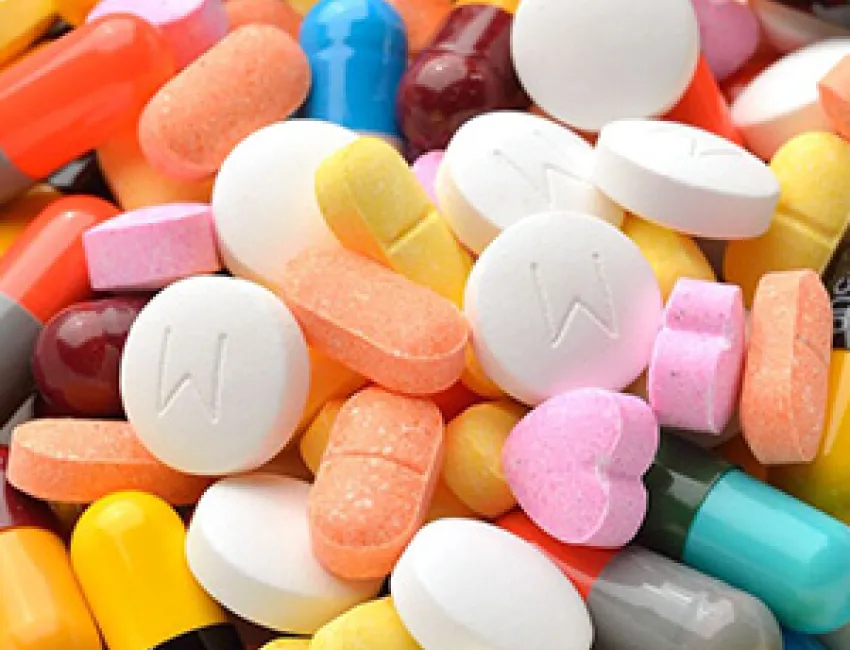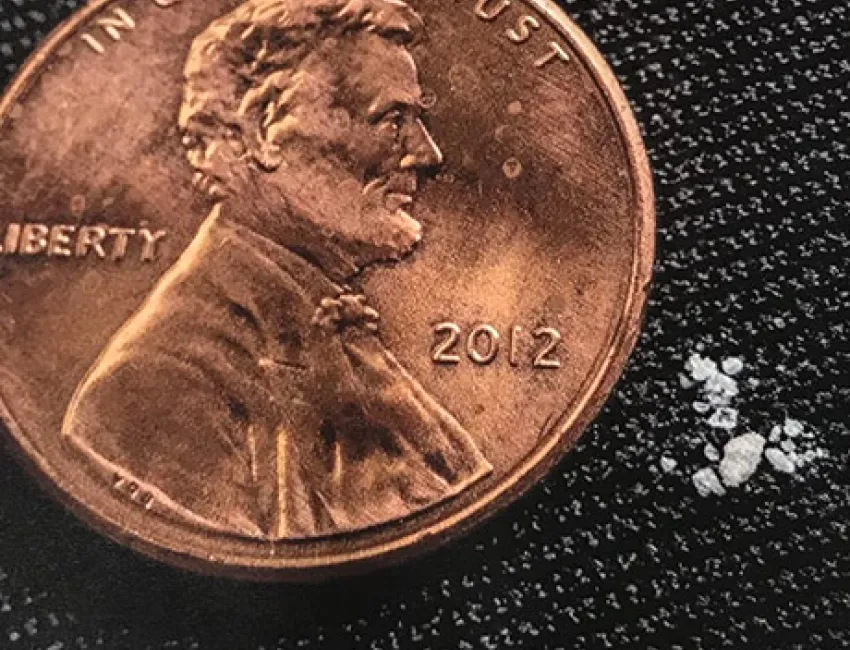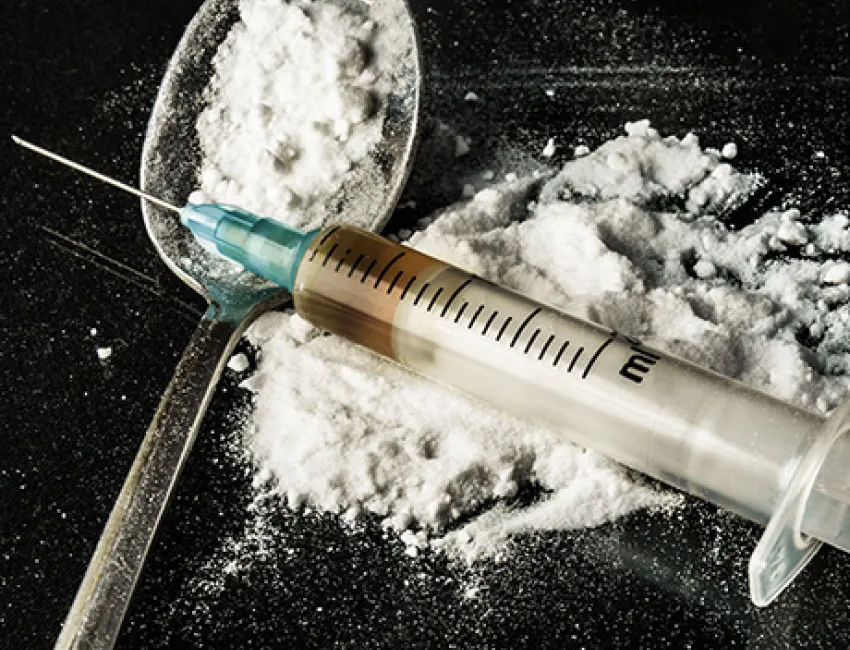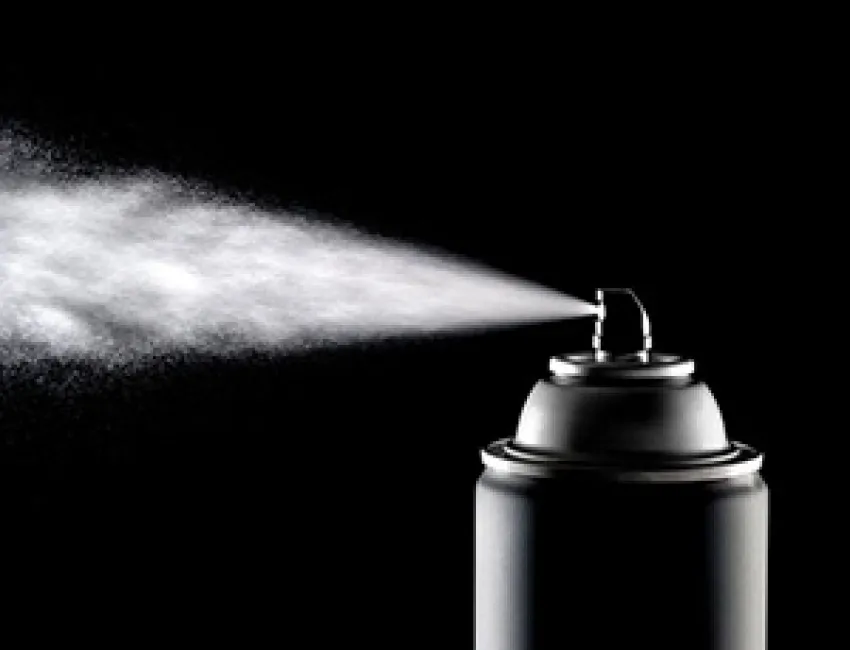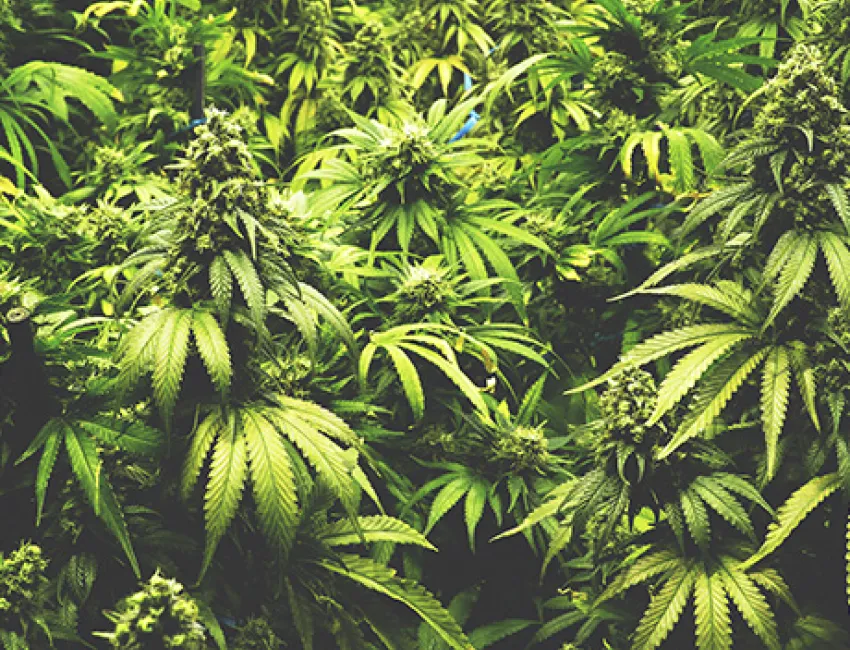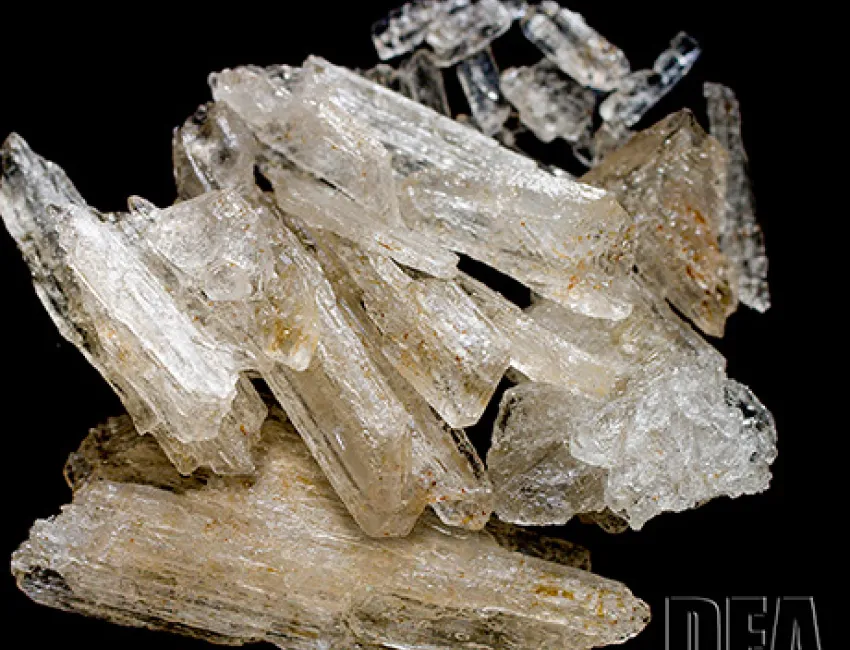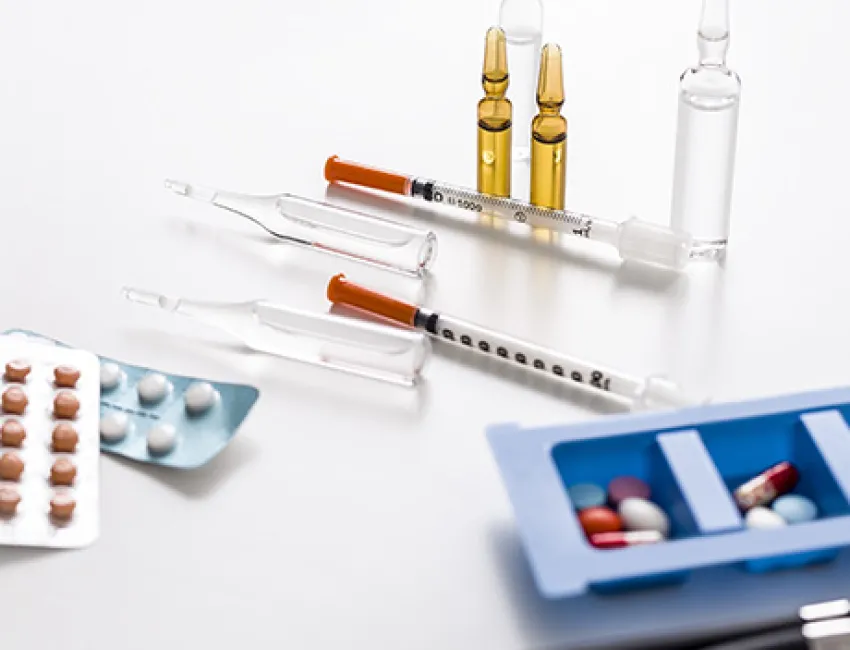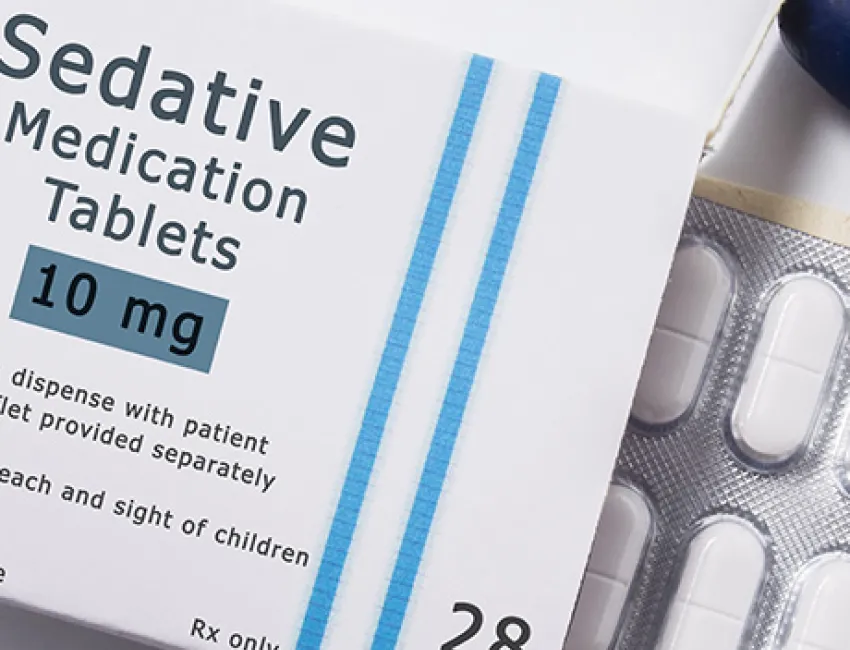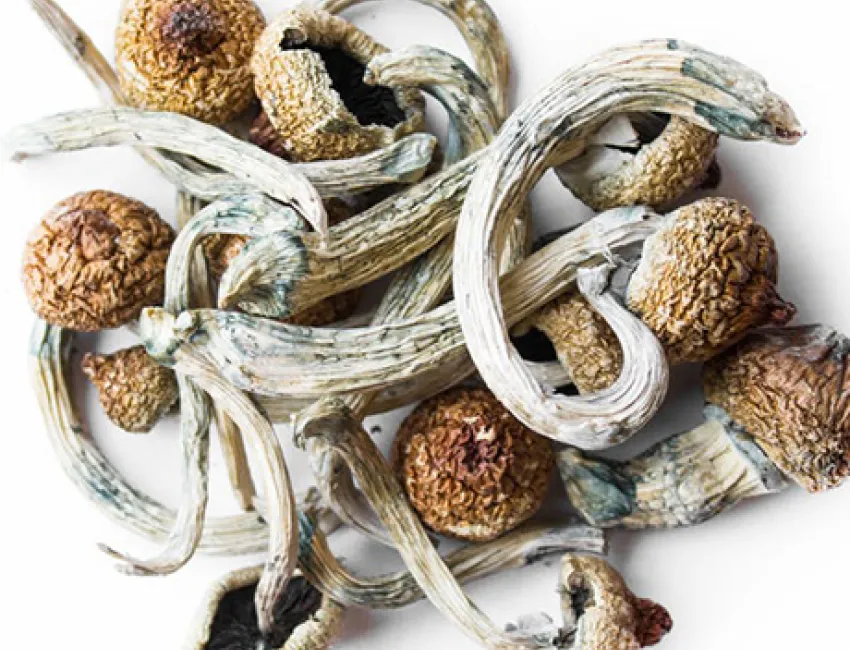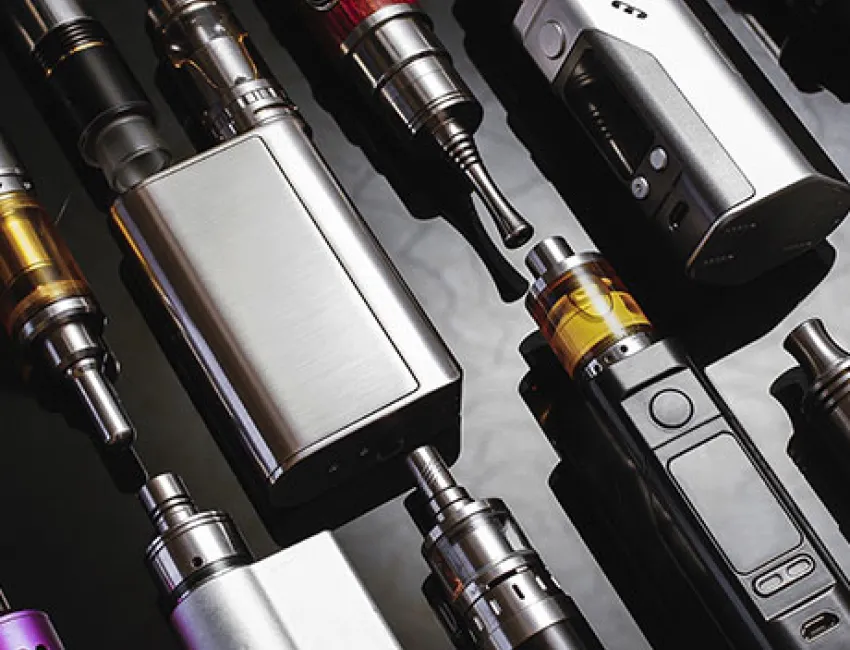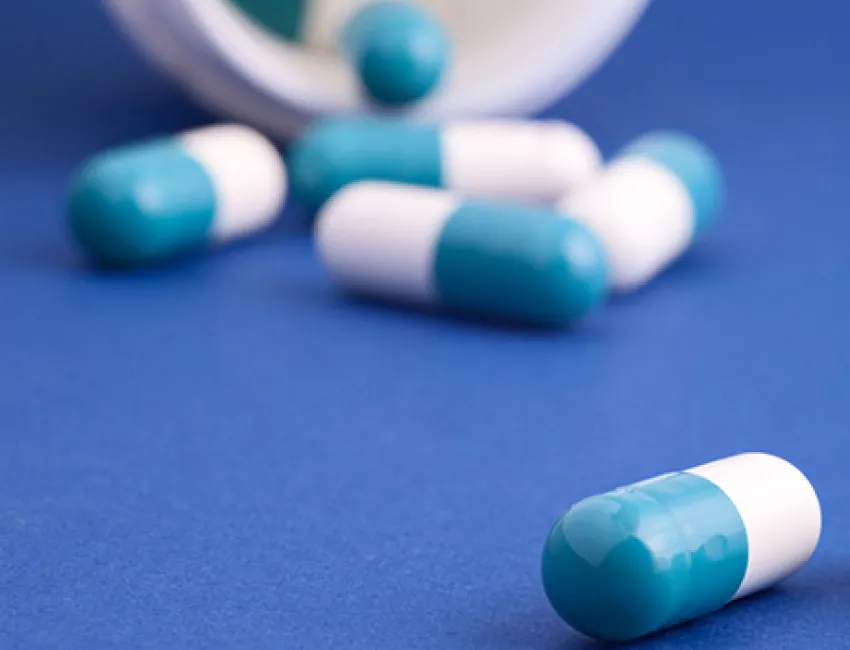
What exactly are prescription stimulants, and why has it become such a big topic? Understanding the facts helps you cut through all the noise and mixed messages.
A stimulant is a drug that excites your central nervous system, meaning you experience a rise in alertness, attention energy, elevated blood pressure, heart rate and respiration.
Medical use of prescription stimulants can be extremely helpful and are necessary for many people. But, for those who don't have medical conditions that warrant these drugs, they can cause serious complications. You wouldn't think taking blood pressure medicine would be good for you if you didn't have a heart condition, would you? Every drug, including medicines have potential side effects and complications; so you have to weigh those pros and cons with the expert opinions of your doctor.
Common Names
- Cat
- Crank
- Flake
- Pellets
- R-Ball
- Skippy
- Snow
- Speed
- Uppers
- Vitamin R
Amphetamines were originally developed as a decongestant in 1929 and then began to be commonly prescribed for narcolepsy and depression. Due to intense advertising and the US military supplying the drug to servicemen for depression and increased alertness, by 1945 pharmaceutical companies were dispensing so much that essentially half a million Americans could consume 2 tablets a day. (That's a whopping $2.9 million in sales per year!) By the next year, the revenue doubled to $5.7 million.
- Euphoria
- Increased concentration, energy and exhilaration
- Enhanced confidence
- Inability to sleep
- Reduced appetite
Groundbreaking research is increasing the evidence that "study drugs" aren't providing the benefits some claim - stimulant misuse is associated with lower odds of obtaining a college degree.2
Sharing isn't caring
If you are prescribed stimulants, how can you keep your friends and family safe?
Remember your first day of Kindergarten when your teacher is going on about the rules?
- Be nice.
- Have fun.
- Sharing is caring.
These are largely still true. However, when it comes to prescription drugs, sharing is definitely not caring. Say your friend really needs to study all night to Ace that test and they ask you for one of your ADHD meds. You are torn because you want to help your friend out of course, but you know you’re not a doctor. When a doctor writes a prescription, they consider the person’s size and check for allergies and potential bad interactions with other medications the person might be taking. When you decide to share your prescription drugs, you are bypassing these important safety measures, putting both yourself and your friend in danger. You don’t want that kind of responsibility or regret if something bad were to happen. Sharing is never caring when it comes to prescription drugs.
The severity of the symptoms are directly related to the amount used. If someone were to use more of the drug, these symptoms would become more pronounced.5
- Trembling
- Sensitivity to touch
- Loss of appetite
- Dizziness
- Tremors
- Headache
- Flushed skin
- Chest pain with palpitations
- Excessive sweating
- Vomiting
- Abdominal cramps
- High fever
- Convulsions
- Cardiovascular collapse
- Death
- 6Anxiety
- Depression
- Exhilaration
- Extended wakefulness
- Irritability
- Disturbances to sleep patterns
- Agitation and hostility
- Panic
- Aggression
- Suicidal or homicidal tendencies
- Paranoia
- Auditory and visual hallucinations
- Dependence
- Tolerance
- Depression
- Anxiety
- Extreme fatigue
In 1947, researchers began pointing out problems, such as addiction and hallucinations, yet companies have continued to aggressively advertise and use has continued to rise. More recently, the amount of stimulants used for medical purposes, especially attention deficit hyperactivity disorder (ADHD) in children, quintupled from 1995 to 2005.3
Leftover pills
What can you do with all those leftover pills?
Many people have multiple prescriptions just lying around their house, for just in case...just in case may turn into a very problematic situation. Instead of letting old prescriptions lie around waiting to tempt someone, get rid of them safely! Drop-off locations exist in most counties in Colorado where prescriptions can be dealt with correctly at no cost to you. To find a location nearest you, visit TakeMedsSeriously.org.
7Prescription stimulants span all classifications, or schedules, of drugs from Schedule II to Schedule III, depending on their medical usefulness, abuse potential, safety, and drug dependence profile. Don’t be fooled though by the medical nature of these drugs, even legal drugs can get you into a lot of trouble. The following instances are illegal, even with legal drugs:
- Possessing a prescription drug without a lawful prescription
- Obtaining prescription drugs by fraud or “doctor shopping” (going to multiple doctors to obtain multiple prescriptions)
- Forging a prescription
- Selling prescription drugs, whether the original prescription is yours or not
- Even driving under the influence of prescription drugs can be a punishable offence.
Each state deals with these crimes differently, but Colorado penalties start with fines of $50-$100,000 and/or jail time of up to a year.
1 http://www.monitoringthefuture.org//pubs/monographs/mtf-overview2016.pdf
2 http://www.drugfree.org/drug-guide/prescription-sedatives-tranquilizers/
3 https://www.drugabuse.gov/related-topics/trends-statistics/overdose-death-rates
4 Kalat, J. W. (2011). Introduction to psychology. Belmont, CA: Wadsworth Cengage Learning.
5 Kalat, J. W. (2011). Introduction to psychology. Belmont, CA: Wadsworth Cengage Learning.
6 https://www.dea.gov/druginfo/drug_data_sheets/Depressants.pdf
7 http://codes.findlaw.com/co/title-18-criminal-code/co-rev-st-sect-18-18-403-5.html
